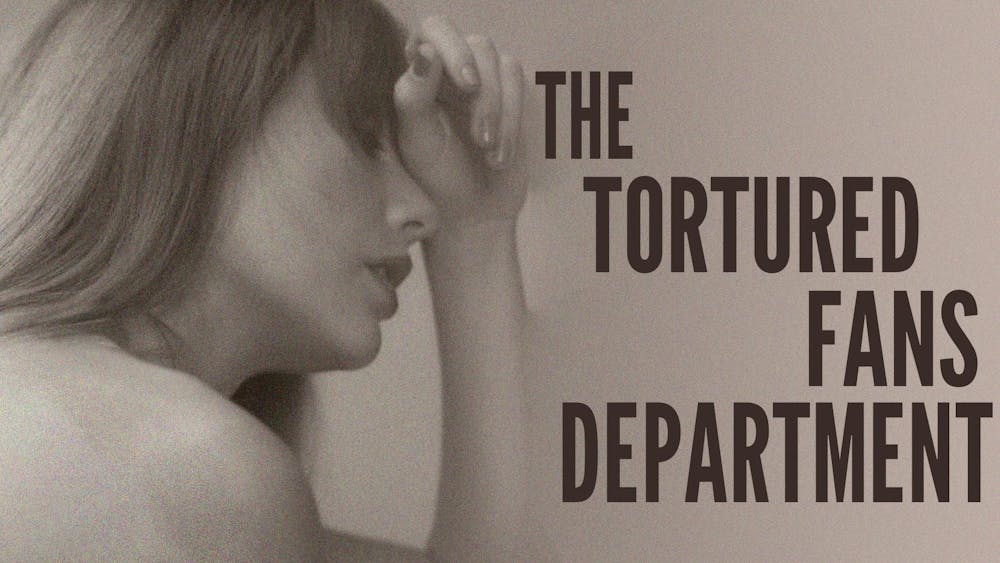There's a new media darling in town. But you won't see her on the red carpet. You won't see her donning the latest couture. You won't see her in the tabloids. You won't even know her name. She's Extra #15, dressed in rags, caked in elaborate make-up, and, oh yeah, she's a zombie.

From the upcoming movie "Warm Bodies" to the New York Times bestseller "Zombie Survival Guide," zombies are infecting the minds of unsuspecting Americans. Whether we're shooting them on our Xboxes or watching them on Hulu, zombies are an essential part of our consciousness.
However, zombies aren't simply present in pop culture. They are dominating, roaming their way into the heart of pop culture and onto our TV screens.
Move over humans, primetime is for the dead.
"The Walking Dead," an AMC drama that chronicles the lives of survivors in a post-apocalyptic zombie rampant world, held the most viewers of any television show when it aired its midseason finale in December. "The Walking Dead" beat out all other TV dramas - including "Modern Family" and "The Big Bang Theory" - in the 18-to-49 age group.
So what is it with the undead that makes the living so infatuated with them?
The rebirth of the zombie fad arrived around 2005, after the bird flu outbreak-for good reason. With a debilitating illness racking the globe, television and film played on our fear by planting zombies back into the mainstream.

Epidemics scare people, sure. But at least those end. Zombies present a horrifying alternative.
Zombisim very often is presented as a disease, passed through an infectious bite or even through the air. However, zombisim does not merely kill or maim an individual.
Zombisim realizes a greater fear within us-having the ones we love not only suffer and die, but having them reincarnated as monsters dead set on eating us.
If zombies awaken our greatest fears, then why do we chose to watch it realized? Science offers interesting hypotheses.
When we experience our worst nightmare unearthed on screen, a curious process happens: our brain reacts as if we are experiencing the zombie slaying ourselves.
When Will Smith's character in the zombie-ravaged world of "I am Legend" fearlessly fights against the zombie masses, our neurons fire instinctively with every move Will Smith makes.
One hypothesis then is that the positive reinforcement for watching zombie flicks comes from our subconscious belief that since we walk out of the movie theater unscathed, we would be able to handle a real zombie apocalypse.
Perhaps, though, a more selfish desire leads us to zombies.
In the post-apocalyptic world of "The Walking Dead," we see people throw away the monotonous days of living paycheck to paycheck or the silly stress of acing that Gen Chem final. Hey, you might have failed Orgo, but you sure can hit a zombie with a bat. Suddenly, you're a big deal. The attractiveness of a zombie apocalypse, in this case, is the possibility to start again, a second chance to make something of oneself. Success is redefined and failure is nothing more than death.
For me, I really don't know what keeps me coming back week after week to sit, terrified, starting at the TV screen. But I know I'll keep watching.
Contact Gabriela Leskur at gleskur@nd.edu












